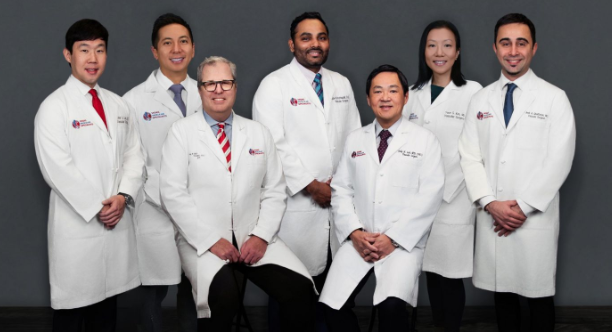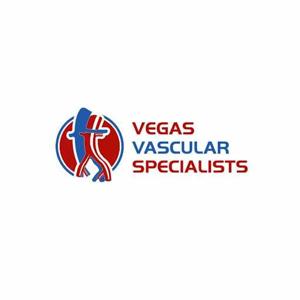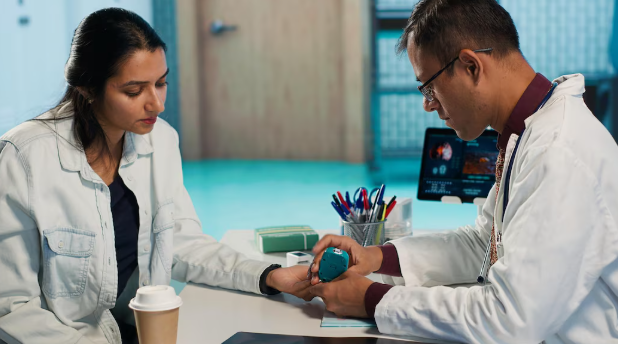
When searching for vascular specialists near me, it's important to prioritise qualifications and training over convenience. Vascular conditions, such as varicose veins, deep vein thrombosis, or peripheral artery disease, require a skilled hand and a deep understanding of the vascular system. Choosing the right specialist ensures safe, effective, and long-term treatment outcomes. In this guide, we break down the essential credentials you should look for before making your appointment.
Why Board Certification Matters in Vascular Medicine
One of the most important indicators of a competent vascular specialist is board certification. This credential is awarded by a recognised medical board and confirms that the physician has completed specialised training and passed rigorous exams in vascular surgery or vascular medicine.
Board-certified vascular doctors are up to date with the latest techniques, treatments, and research in the field. This means patients receive high-quality care based on the most current standards. Whether it's minimally invasive procedures or advanced imaging techniques, board-certified specialists are better equipped to make informed decisions that lead to better outcomes.
Subspecialty Certifications To Know
In addition to general board certification, many vascular doctors pursue subspecialty certifications in:
Vascular and Endovascular Surgery
Interventional Radiology
Phlebology (Vein Care)
Cardiovascular Disease
These subspecialties signal additional training and expertise in managing complex or chronic vascular issues. Ask your provider which boards and subspecialties they are certified in.
The Importance of Accredited Medical Training
Equally important as board certification is where the vascular specialist received their medical training. Did they complete a fellowship specifically in vascular surgery or interventional radiology? Did they train at accredited institutions?
Fellowship training adds at least one to two years of intense, hands-on experience focused solely on vascular conditions. Specialists with such backgrounds often demonstrate better diagnostic accuracy and more effective treatment planning. A strong academic and clinical background ensures that the doctor is not only skilled but also committed to excellence in the field.
Experience with Modern Vascular Treatments
Advancements in vascular treatment now include non-invasive or minimally invasive options such as:
Laser ablation
Sclerotherapy
Radiofrequency treatments
Angioplasty and stenting
Specialists familiar with these techniques often produce faster recoveries, less pain, and better cosmetic results. Patients should always ask whether their vascular doctor has significant experience using modern technologies and whether these procedures are done in accredited outpatient settings.
What to Expect from Vein Doctors in Las Vegas
Patients living in Nevada will find that vein doctors in Las Vegas offer access to a wide variety of modern vascular care options. Leading clinics focus not only on treatment but also prevention, lifestyle guidance, and patient education.
Top-rated doctors in the area are known for being transparent about procedures, upfront about costs, and highly trained in the latest methods. A consultation often includes advanced diagnostics like Doppler ultrasound and personalised care plans based on each individual’s vascular health and risk factors.
Look for physicians associated with reputable institutions or those with excellent reviews and a track record of successful patient outcomes. Transparency, compassion, and clear communication are also crucial traits to look for during your initial visit.
Questions To Ask Your Vascular Specialist
Before committing to treatment, consider asking the following:
Are you board-certified in vascular medicine or surgery?
Where did you complete your vascular training or fellowship?
How many years of experience do you have in treating my specific condition?
Do you use minimally invasive treatment options?
What are the risks, benefits, and recovery times for the procedures you recommend?
These questions help you gauge not only the doctor’s expertise but also how well they communicate with and educate their patients.
Final Thoughts
Choosing the right specialist is the most crucial step toward achieving better vascular health. Credentials such as board certification, fellowship training, and hands-on experience with modern treatments make a significant difference in the quality of care you receive. When looking for vascular specialists near me, take the time to research their background, ask informed questions, and ensure they are fully equipped to meet your needs.
If you're based in Nevada, seeking out experienced vein doctors in Las Vegas is a wise first move toward improved health and confidence.



Write a comment ...